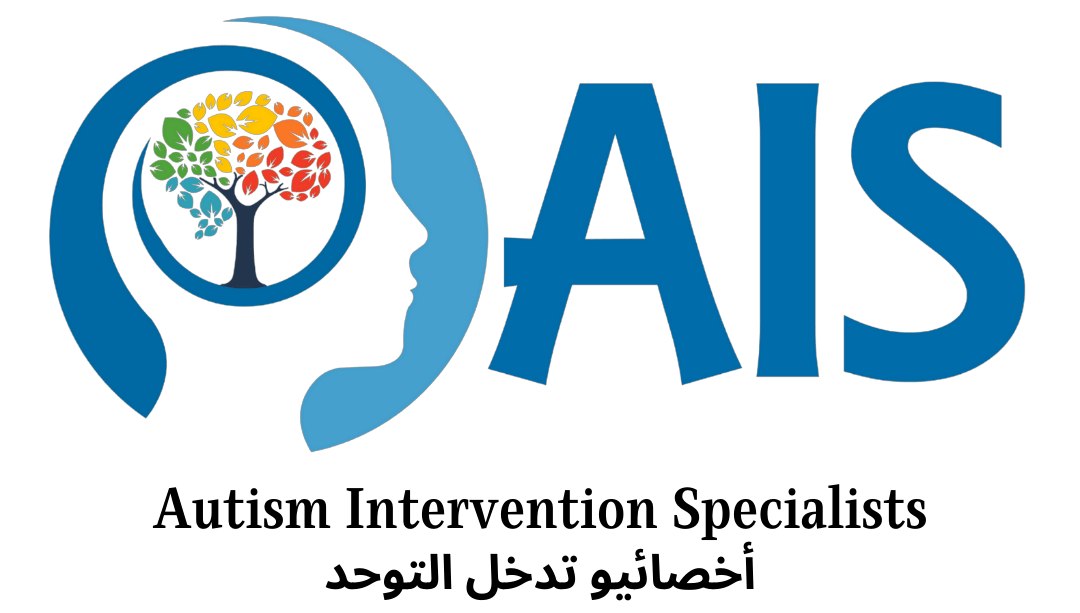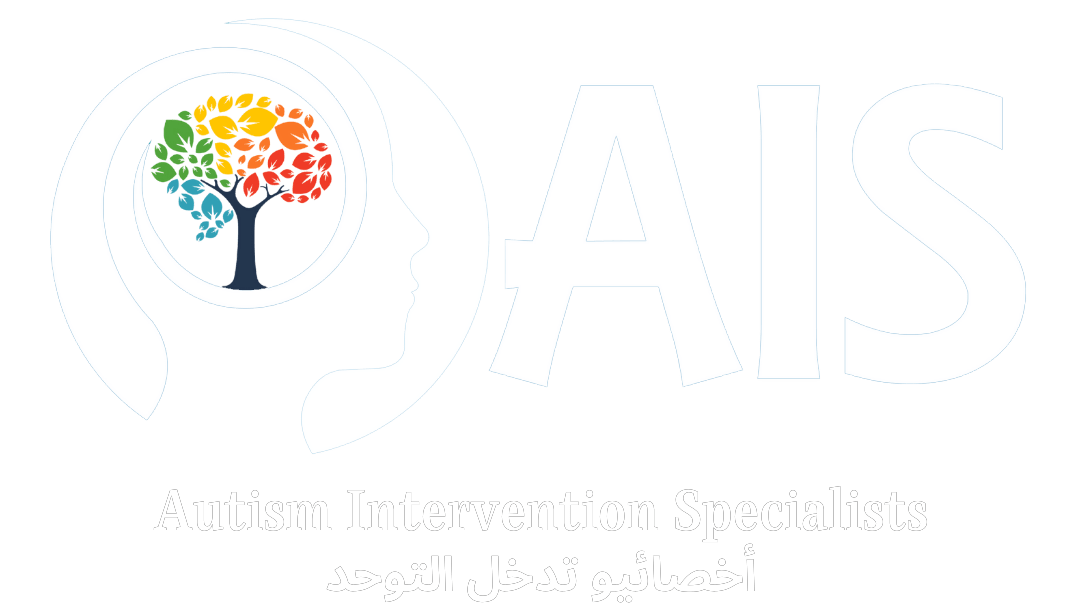What are social skills?
Social skills are considered one of the core symptoms of Autism. Before we dive deep into the subject, let’s define social skills. What are social skills? Is washing a car a social skill? Is reading a social skill? Is doing math a social skill? It could be, that if you do it well and peers think you’re smart, you are bragging. Academics can have social implications, affecting whether peers like you or not. Therefore, every behavior is potentially social. Here is the definition of social skills by Jed Baker, Ph.D. “Any behavior that has a social impact on others can be considered a social behavior and thus a potential social skill.”
Teaching meaningful social skills:
Great information! So all we need to do is to write a curriculum to account for all human behavior. Not feasible. Instead of creating a curriculum for all human behavior, we need to find for each student, what specific behaviors are needed to function successfully in a particular social setting. For example, teaching a teenager to shop at a grocery and interact with staff at the store might not be the appropriate social skill to teach if the teenager is living in a house where he will never need to go grocery shopping. In addition, let’s say that you do want to teach this skill in a social setting, and the teenager who mastered the skill will lose it! Why? Because that skill will not be maintained as it is not being used and reinforced frequently.

What is a playdate?
“A playdate is a social occasion arranged for children to play together.” For neurotypical children, this can look like children playing together and parents having conversations over drinks, food, and minimum attendance to their children. In contrast, playdates for children with special needs, specifically with autism, might look different depending on the level of the severity of autism. Playdates for children with autism require constant monitoring, explaining, modeling, prompting, and providing feedback to the group.

Arranging play dates for your child with Autism:
- Consider having the playdate at your house so you can coach and guide the activities. Simply putting children in groups with each other “hoping” they will build social skills will not get the desired results.
- Arrange to pick up and drop off your guest so that you can end the playdate early if the children begin to have conflicts they cannot resolve. Also, inform the guest’s parents that this might happen, as they will not get worried that something happened or might plan their things accordingly and all of a sudden they receive a call from you saying that you will bring them earlier.
- Have short playdates (e.g., 30 minutes) at first, then gradually increase to a longer time.
- Collect “cool” toys and games like a trampoline in the front yard, great video games, and fun art project materials to increase motivation for peers to return.
Few key notes to take before determining if playdates are suitable for your child.
- If your child has difficulties with taking turns and/or losing, it makes sense to initially avoid games and activities that require waiting for a turn and have a winner or loser. Only after your child has had many chances to practice these activities with you should they be introduced to peers.
- New games that require great skill are not the best choice to introduce into a playdate if your child gets frustrated easily, that being your child or the peer. Instead, teach the game to your child, and then when some level of comfort is established, incorporate the game into a playdate.
- Keep the playdate small, three to four, and if needed reduce the number of peers based on how your child and the others are behaving.
Enjoy your next playdate after reading this article. 🙂







